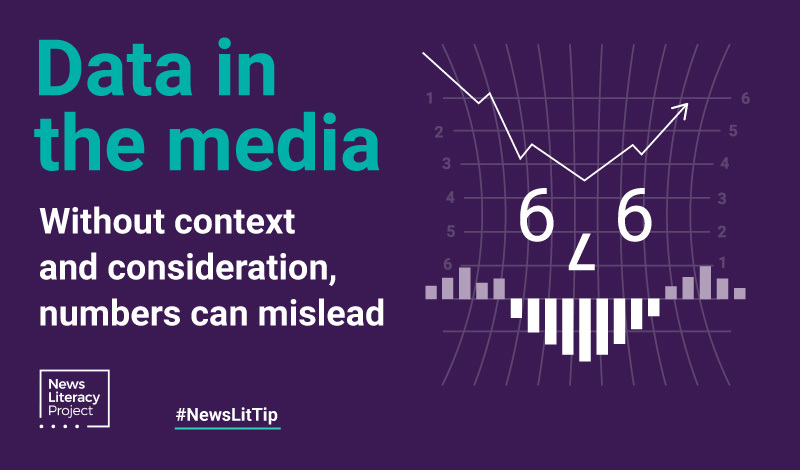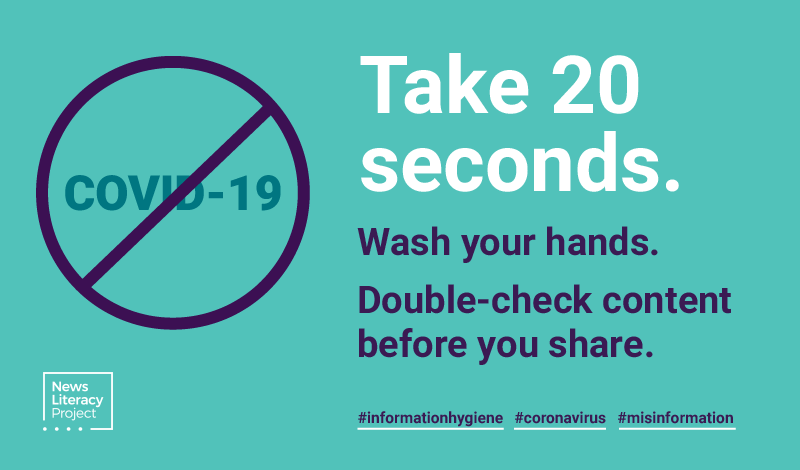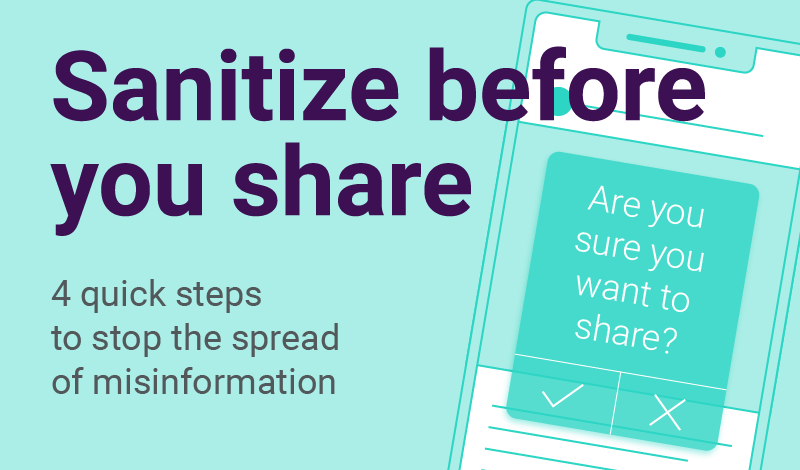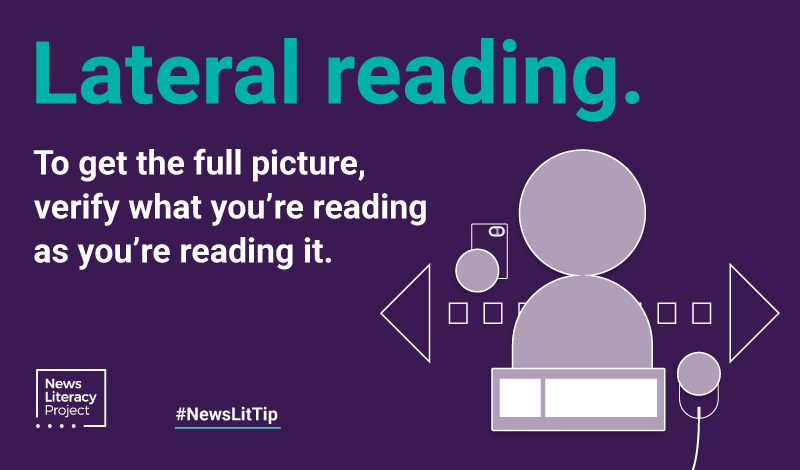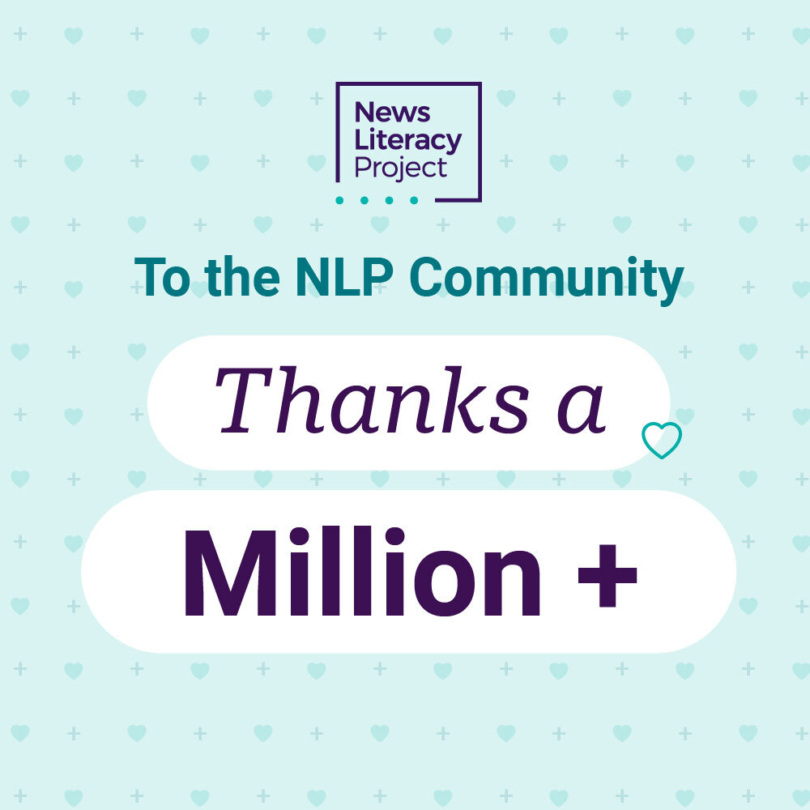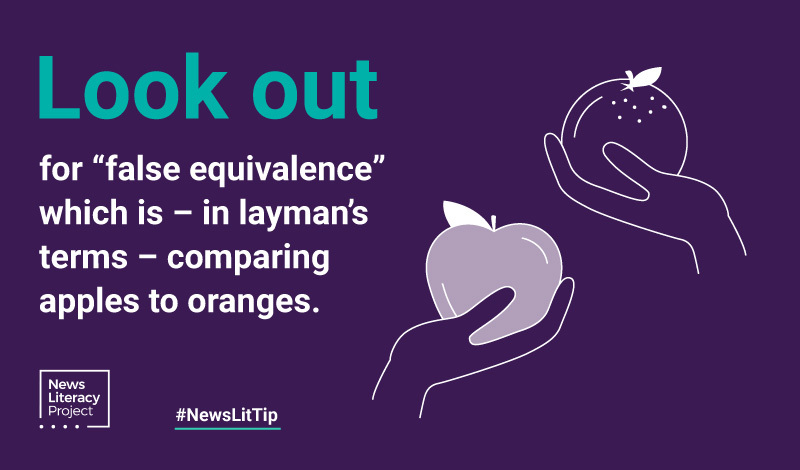
News Lit Tips
Don’t bite: It might be engagement bait
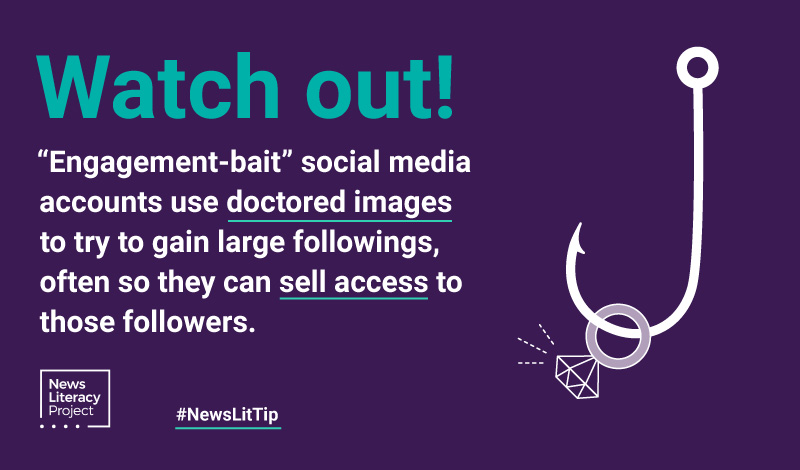
Facebook cracked down on engagement bait in December 2017, defining as spam these “posts that goad people into interacting, through likes, shares, comments, and other actions, in order to artificially boost engagement and get greater reach.”
Tellingly, the information is on a section of the platform that’s directed at businesses, for it is businesses that were — and are — the most likely to attempt to make posts and pages seem more popular. That apparently popularity, in turn, puts those posts and pages in the news feeds of more people.
As with bait used to snag other unwitting animals (putting a hunk of hamburger in a room to trap Fido, or spritzing catnip spray to get Felix in the carrier), the bait created to snag humans online varies, but the motive rarely does: More eyes, after all, mean more money. (Sometimes it’s used for political effect, such as when a little-known far-right party in the United Kingdom suddenly developed a huge following.)
Facebook puts these types of posts and pages into five categories: react-baiting (post an emoticon that fits your response!); comment-baiting (say yes or no!); share-baiting (share this!); tag-baiting (tag a friend who would like this!); and vote-baiting (vote for idea A or idea B!).
In addition, getting hooked on engagement bait may put your private information at risk. As the fact-checking site Snopes points out, some of these posts and pages urge you to follow a link that takes you to a site that appears to represent a business giving away products. You might be asked to share such “offers” — and you might also be asked to provide personal information, including credit card details and more.
Snopes notes another danger: “Like-bait posts also often swap out their original content for scams once they have garnered enough likes.”
In short: Don’t “like” something if you don’t know its provenance. And sharing is best when done with friends.
